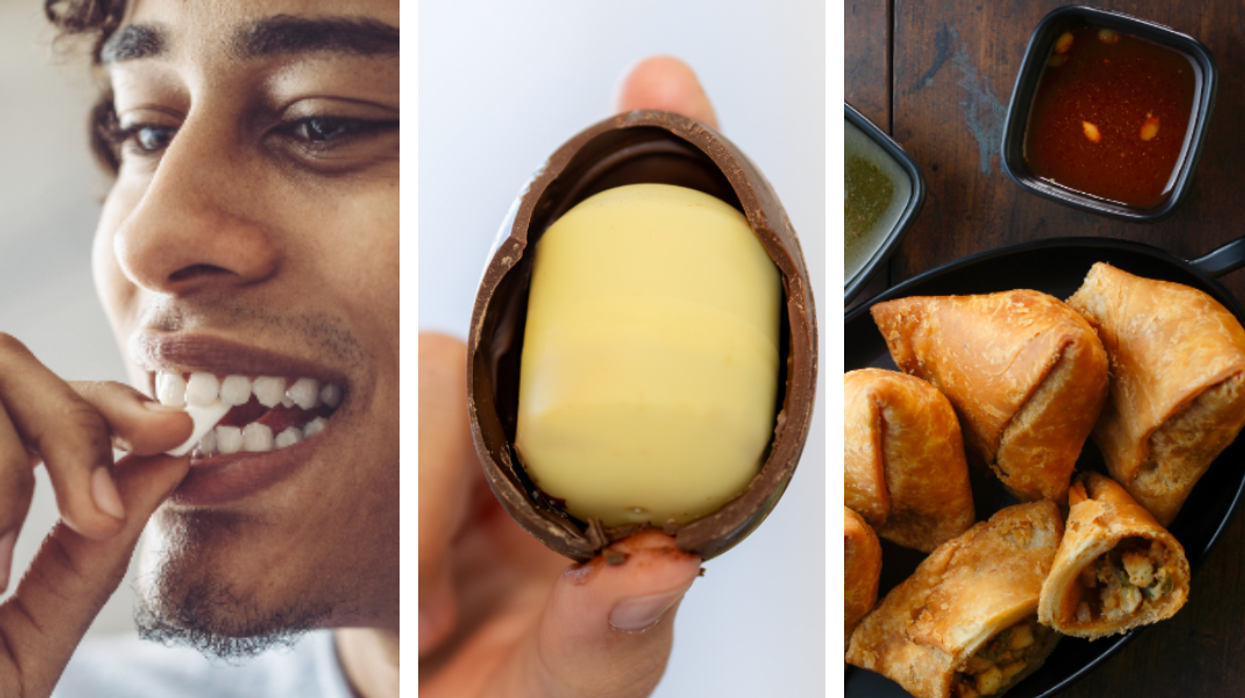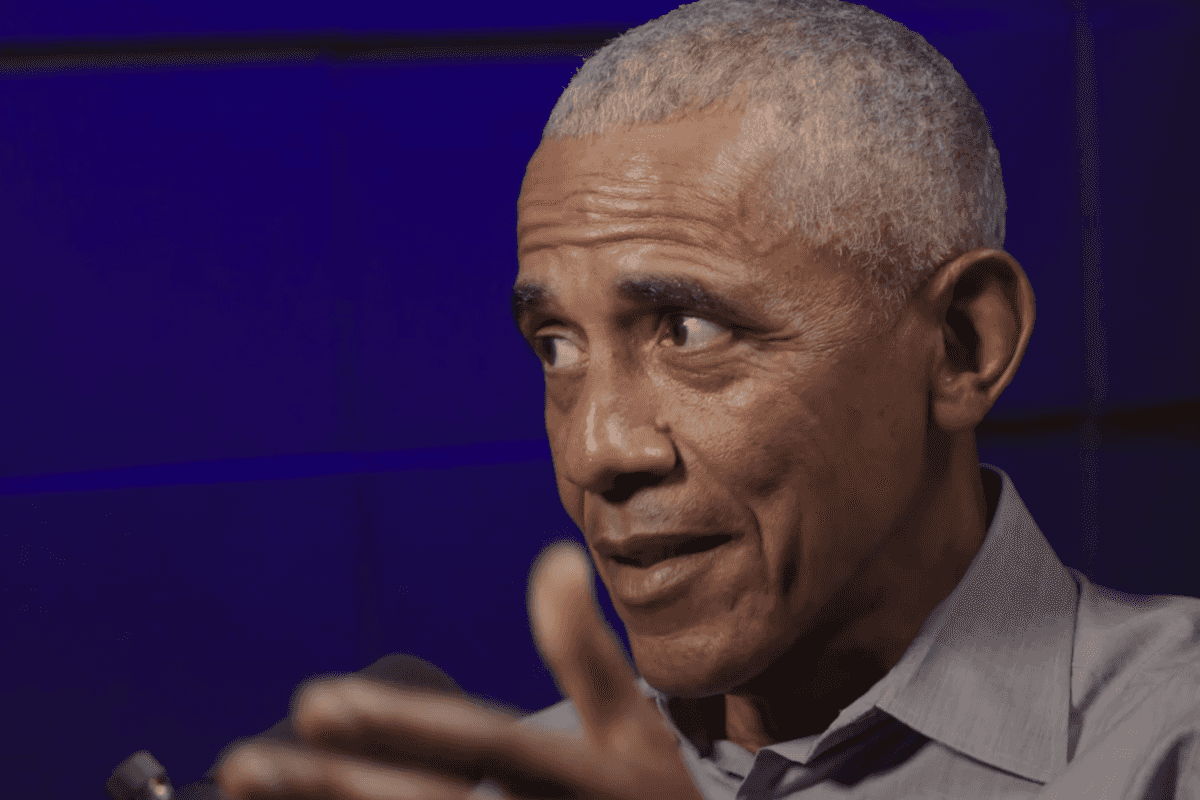
When it comes to laws and regulations across the globe, we often assume there to be a level of uniformity, especially in the Western world.
However, you'd be surprised to learn that some everyday items in the UK are considered contraband elsewhere.
Internet Marketing experts from SEO Builder delved into the bizarre world of international regulations to uncover some of the peculiar items that are perfectly legal in the UK but banned in other countries.
Chewing Gum in Singapore
In the UK, chewing gum is a common sight. From supermarket checkouts to corner shops, you can find a pack of gum almost anywhere.
However, if you were to take that gum to Singapore, you'd be committing a crime.
Since 1992, Singapore has banned the import and sale of chewing gum to maintain public cleanliness. The ban was partially lifted in 2004, but only for therapeutic gum, which must be prescribed by a doctor or dentist.
Kinder Surprise Eggs in the USA
Kinder Surprise eggs, with their chocolate shell and toy-filled interior, are a childhood delight in the UK. However, these treats are illegal in the United States.
The Federal Food, Drug, and Cosmetic Act of 1938 prohibits any non-food items embedded within food products, making the toys inside Kinder Surprise eggs a no-go. Attempts to smuggle these eggs into the USA can result in hefty fines.
Unpasteurised Milk in Canada and Australia
While unpasteurised, or "raw," milk can be legally purchased in certain parts of the UK, it’s a different story in Canada and Australia.
Both countries have stringent laws against the sale of raw milk due to health concerns related to bacterial contamination. In contrast, the UK allows the sale of raw milk from registered producers, and it is even available from vending machines on some farms.
Samosas in Somalia
A staple of UK Indian takeaways, the beloved samosa faces a peculiar ban in Somalia.
The al-Shabaab militant group declared the pastry illegal in 2011, claiming that the triangular shape of the samosa resembled the Christian Holy Trinity.
While this reasoning might seem bizarre, it underscores the extreme measures taken by the group to enforce their interpretations of religious beliefs.
High-Heeled Shoes in Greece
Wearing high-heeled shoes might be a fashion statement in the UK, but in Greece, particularly at ancient sites, it’s a big no-no.
Authorities have banned high heels at several historic locations to prevent damage to the ancient structures. So, if you're planning to visit the Acropolis, leave your stilettos at home and opt for some comfy flats instead.
Baby Walkers in Canada
While baby walkers are a common tool for helping infants learn to walk in the UK, they are banned in Canada.
The ban, which has been in place since 2004, is due to safety concerns, as baby walkers are associated with numerous injuries.
Canadian authorities have taken a strong stance, even implementing fines for those who buy, sell, or advertise baby walkers.
Incandescent Light Bulbs in Australia
The UK still sells incandescent light bulbs, though they are being phased out in favour of more energy-efficient options.
In Australia, however, these traditional bulbs have been banned since 2009 as part of a nationwide effort to reduce energy consumption and carbon emissions. Australians must now use compact fluorescent lamps (CFLs) or light-emitting diodes (LEDs).
Speaking about the findings, Robert Kirk from SEO Builder said: "It's fascinating to see how different countries regulate everyday items based on various cultural, health, and environmental considerations. While these items may seem harmless or even essential in the UK, they can be illegal just a short flight away. Next time you travel, it’s worth checking local regulations to avoid any unexpected surprises at customs."
How to join the indy100's free WhatsApp channel
Sign up for our free Indy100 weekly newsletter
Have your say in our news democracy. Click the upvote icon at the top of the page to help raise this article through the indy100 rankings.













